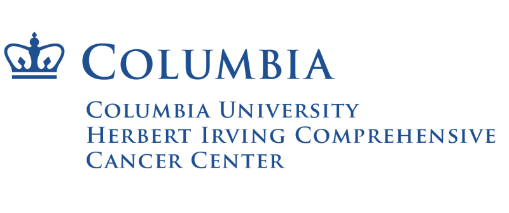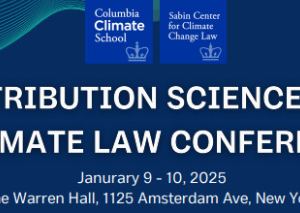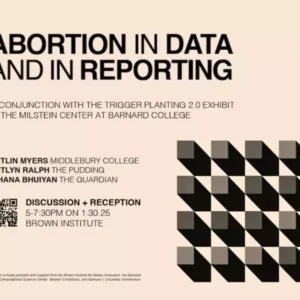
Columbia Evans MDS Center Seminar Series: Ruud Delwel, PhD
Speaker: Ruud Delwel, PhD
Professor “Molecular Leukemogenesis”, Department of Hematology
Erasmus University Rotterdam, The Netherlands
“Evil genes and enhancers in AML”
Acute myeloid leukemia (AML) with an inv(3)(q21;q26) or t(3;3)(q21;q26) overexpress EVI1, the gene located at 3q26. EVI1 is part of the MECOM (MDS1-EVI1 Combination) locus, from which the long form MDS1-EVI1 and the short form EVI1 are transcribed from two different promoters. Although EVI1 is expressed at high levels, MDS1-EVI1 is absent or expressed at very low levels in inv(3)/t(3;3)-AMLs. Overexpression of EVI1 in inv(3)/t(3;3)-AMLs is caused by the relocation of a long distant enhancer of GATA2, originally situated at chromosome 3q21. Enhancer hijacking by EVI1 has not only been found in the classical inv(3)/t(3;3)-AMLs, but also in other 3q26 rearranged variants, e.g. t(2;3), t(3;7), t(3;8) or multiple other t(3;v) leukemias. Most enhancers hijacked in those leukemias represent socalled super-enhancers and are donated by genes that are normally expressed in primitive HSPCs. Our research focusses on the common mechanism of those enhancers to drive EVI1 overexpression. We address which combination of transcription factors (TF) drive transcription via the hijacked enhancers and how we may interfere with the activity of the TF/enhancer complex. We hypothesize that this knowledge will provide ways to target this otherwise incurable form of AML. In a second project, we obtain knowledge about the function of EVI1. EVI1 encodes a DNA binding repressor of transcription. Interference with its function as a repressor may provide another way to inhibit outgrowth of this leukemia. In this lecture, the mechanism of aberrant expression as well as the role EVI1 in MECOM rearrangement AMLs will be discussed.
Location: Herbert Irving Comprehensive Cancer Center, 1130 St. Nicholas Ave., New York, NY 10032
Room/Area: 1st floor auditorium
Hosted by Aaron Viny, MD, Assistant Professor of Genetics & Development, CUMC
This event is sponsored by the Herbert Irving Comprehensive Cancer Center’s (HICCC) Edward P. Evans Center for Myelodysplastic Syndromes (MDS) at Columbia University, established to foster an all-encompassing approach in studying MDS giving us molecular, cellular genetic and epigenetic insights to develop and test innovative therapies.


